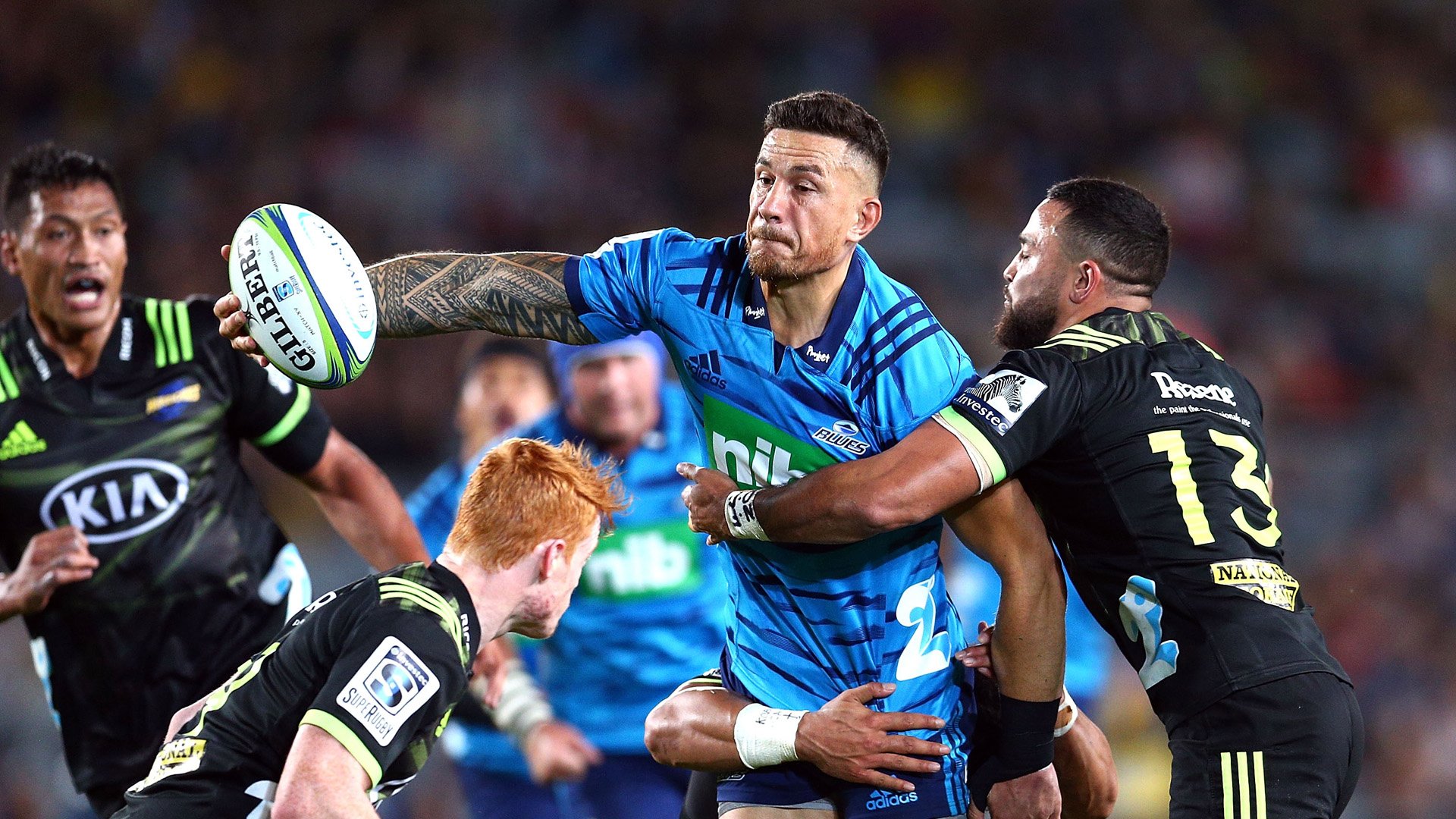Upright tackles next to go in fight against head injury

According to the Sydney Telegraph, World Rugby are reportedly considering new rules to make the game safer. Proposed changes included banning upright tackles and suspending concussed players.
After research has shown that tacklers pose the highest concussion risk, the proposals reinforce the level of concern World Rugby has when it comes to head injuries.
New changes would be implemented post-World Cup, and could change the game entirely. New techniques to avoid penalisation could also create a tough adaptation period for current players.
During the under-20s World Cup a new law was trialled, requiring tacklers to make contact below the nipple line. This trial was ultimately a failure as referees had difficulty locating the imaginary line in real time.
Upright tackles may soon be banned in an effort to reduce head-to-head contact, and a concussed tackler who was at fault could face suspension.
The flow-on effects of the law changes may make players like offload-heavy Sonny Bill Williams even more dangerous if opponents are unable to tackle him from an upright position and lock up the ball.
World Rugby’s chief medical officer Martin Raftery said traditional rugby attitudes must change to drastically reduce concussion, the Telegraph reported.
“The tackle is the phase of the game with the most concussive injuries, and then within the tackles it is the tackler, not the ball carrier, who is most at risk,” Raftery said.
“So what we’re trying to do through a number of different processes is to bring the tackle height down, to protect more the tackler than the ball carrier.
“Yes we’ve got to protect the ball carrier as well, but the focus is on the tackler.”
Raftery also commented on the new high tackle warning system that would penalise upright tacklers who made contact with ball carriers.
“It doesn’t matter whether the ball carrier is injured or the tackler is injured. If the tackler is upright, when there’s clear and obvious contact, can receive an extra penalty.”
Raftery said World Rugby has a heavy focus on evidence before making decisions to change laws.
A World Rugby study found that in 464 cases of in-tackle concussions, the tackler was the once concussed 335 times.
“It seems quite logical; lower the tackle, you’re going to reduce the number of head injuries,” he said.
“It’s not rocket science. If it sounds sensible and is backed by research I think we should be doing it.”
In other news:

























